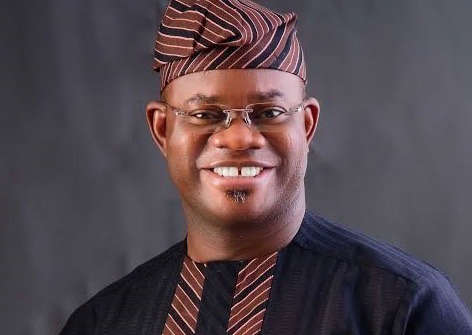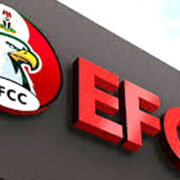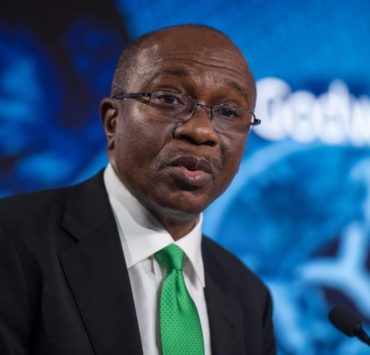Transfer my Case with EFCC to Kogi – Yahaya Bello tells Court

Lawyard is a legal media and services platform that provides…
The former governor of Kogi State, Yahaya Bello, has told a Federal High Court (FHC) sitting in the Federal Capital Territory (FCT) to transfer his case with the Economic and Financial Crimes Commission (EFCC) to Kogi State.
Bello, currently facing a 19-count charge, wrote to the Chief Judge (CJ) of the FHC, John Tsoho, pleading to be allowed to face his trial in Kogi.
The former governor argued that only the Lokoja Division of the High Court had the jurisdiction to consider the accusations made against him by the EFCC.
At the resumed proceeding on Thursday, June 27, Bello, who failed again to appear before the court, sent the letter through his legal team, led by Abdulwahab Mohammed, a senior advocate, as he entered his plea to the charge.
A lawyer who announced his appearance for Bello, Adeola Adedipe called the attention of the trial judge, Emeka Nwite, to the letter his client had sent to the CJ.
“However, I was made to understand that a letter had been written on behalf of the defendant to the honourable Chief Judge of the Federal High Court requesting in substance, that this matter be administratively transferred to the Federal High Court, Lokoja Judicial Division, which we believe has territorial jurisdiction to handle this matter.
“My lord, as of this morning, I am not aware whether there has been a response by the prosecution team in compliance with the directive of the CJ.
“We are also not in receipt of any decision that has been made on this request by the CJ.
“I am also aware that this administrative directive of the CJ has been formally communicated to this court,” the lawyer stated.
Responding, the EFCC lawyer, represented by Kemi Pinheiro, a senior advocate, urged the court to order the defence lawyer to explain the defendant’s non-appearance in court despite his assurance on June 13 to guarantee his presence in court for arraignment.
He prayed the court to dismiss “the story of the defence lawyer as dilatory and a further attempt to treat this court with scorn.”
Pinheiro claimed that the commitment made by the senior lawyer was not fulfilled by the letter to the CJ.
The counsel for the EFCC further contended that filing of a petition against a judge with the National Judicial Council (NJC) does not halt the judge’s caseload from moving forward.
As a result, he requested that the court invite the two senior lawyers representing Bello to justify not being charged with contempt of court.
The EFCC lawyers insisted that the court dock the defendant’s lawyer for failing to produce the former governor after five sittings and make him a scapegoat.
Recall it was reported that Bello, who governed Kogi State for eight years, is accused of money laundering, breaching trust, and embezzling N80.2 billion worth of public fund.
The EFCC accused the former governor of money laundering allegedly perpetrated in connivance with his nephew, Ali Bello, and two others, Dauda Suleiman and Abdulsalam Hudu.
Bello insisted that when the EFCC filed the allegation against him and requested the issuance of a bench warrant for his arrest, it was acting in violation of an existing ruling from a Kogi State High Court.
The Federal High Court Abuja refused to revoke the arrest warrant on Bello’s corruption case filed against him.
The judge, Nwite, gave the ruling on Friday, May 10, after hearing an application by the EFCC that preliminary objections by the former governor should not be heard until he shows up to defend the 19-count charge filed against him.
Lawyard is a legal media and services platform that provides enlightenment and access to legal services to members of the public (individuals and businesses) while also availing lawyers of needed information on new trends and resources in various areas of practice.













